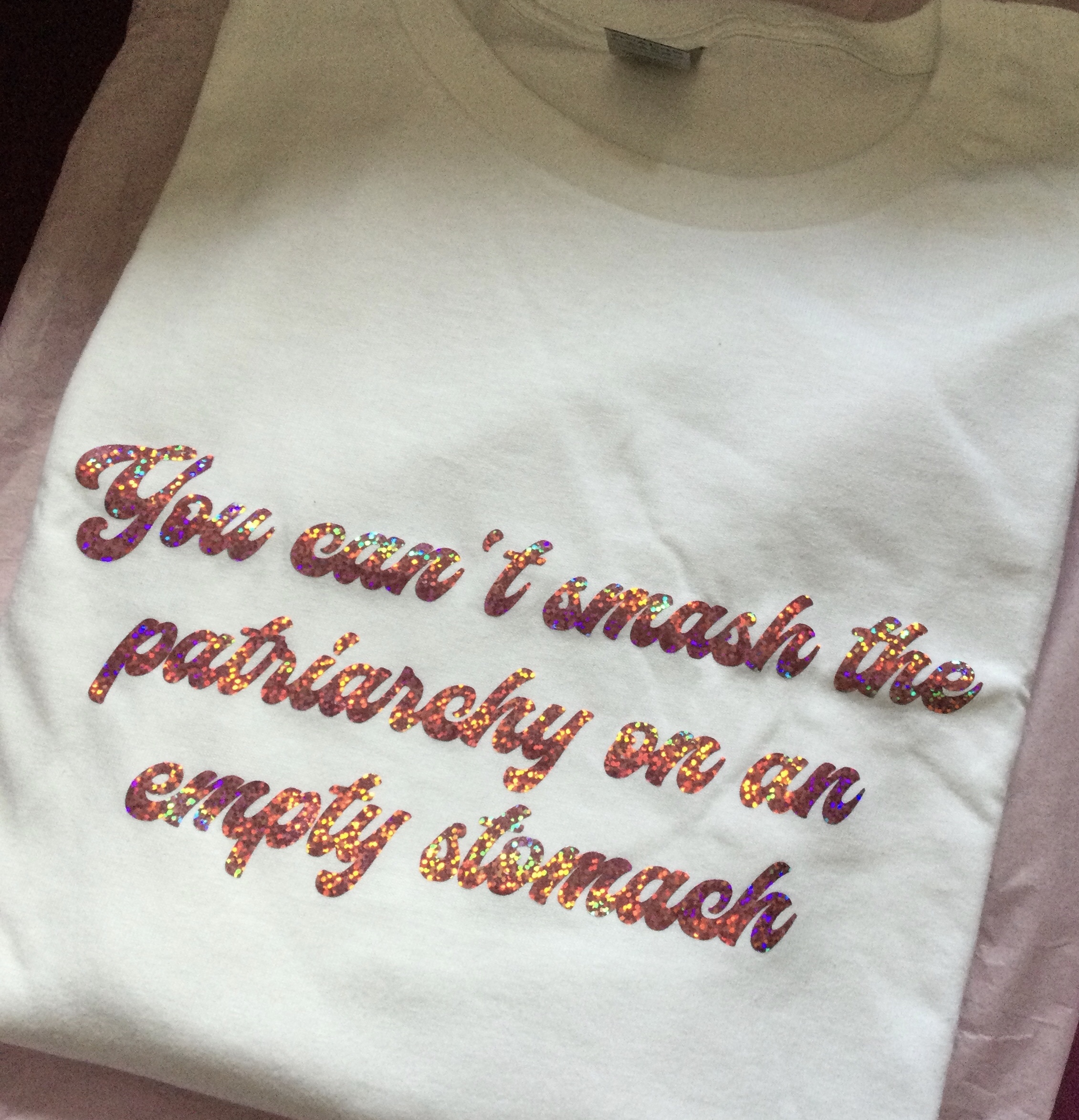Tag: anti-diet
-

Eating as an act of rebellion (or you can’t smash the patriarchy on an empty stomach)
My food intake was controlled as a child. It wasn’t as simple as being a chubby kid who’d been put on a diet. There was more to it than that. There always is. There were times when money was tight, and food had to be stretched to the next pay day. I was apparently a…